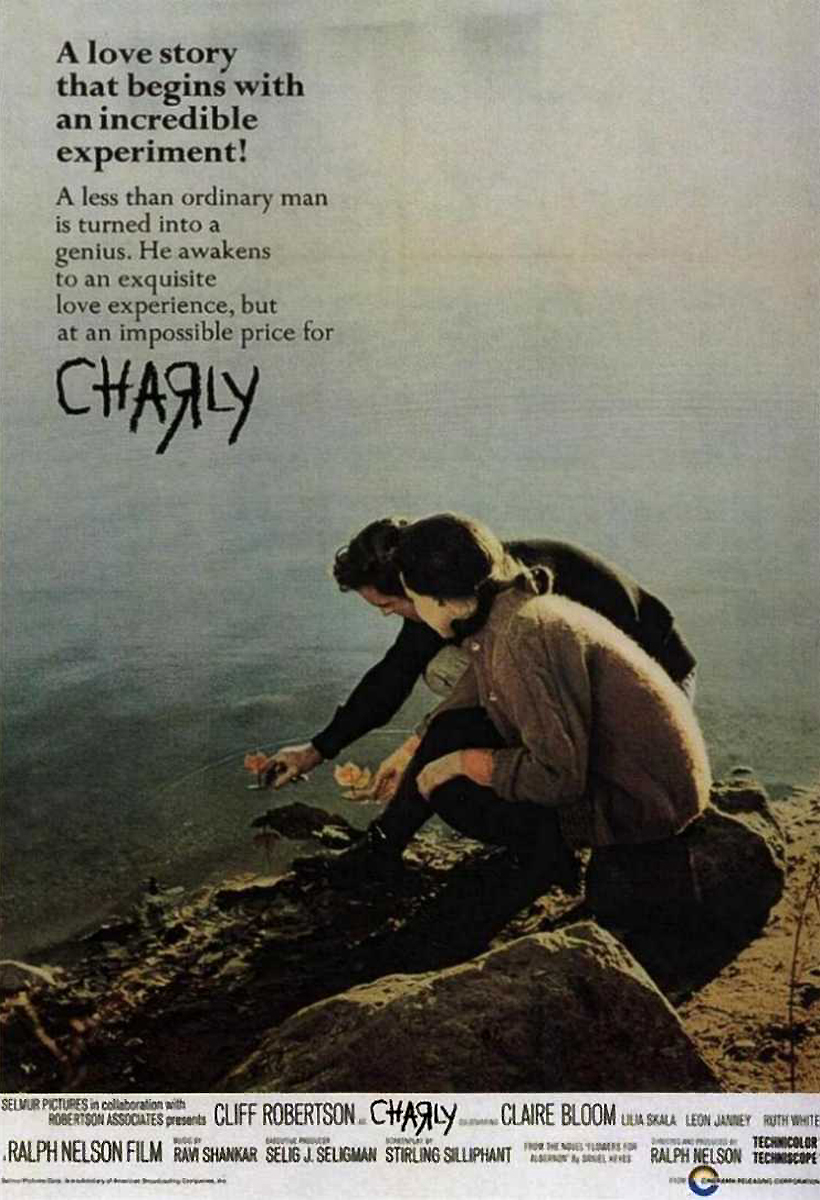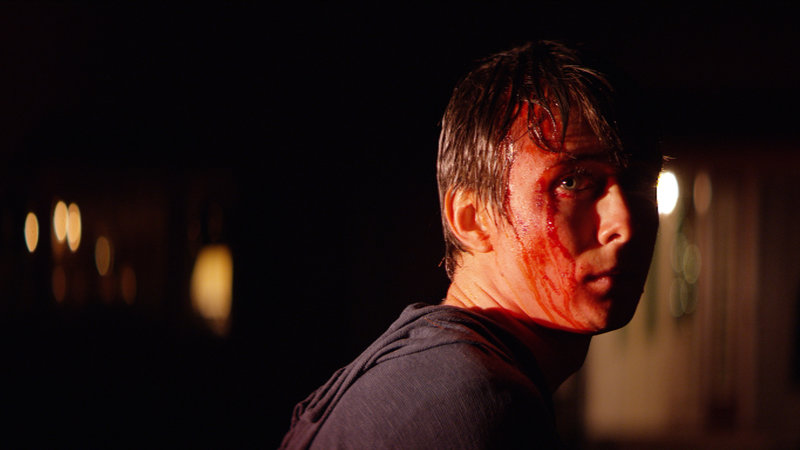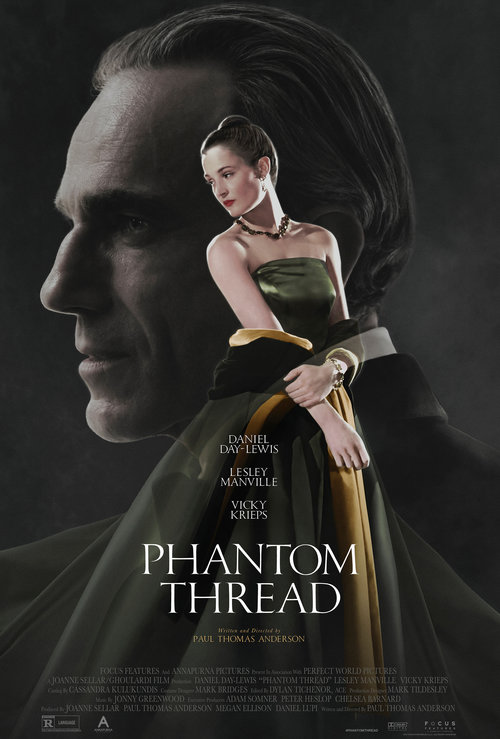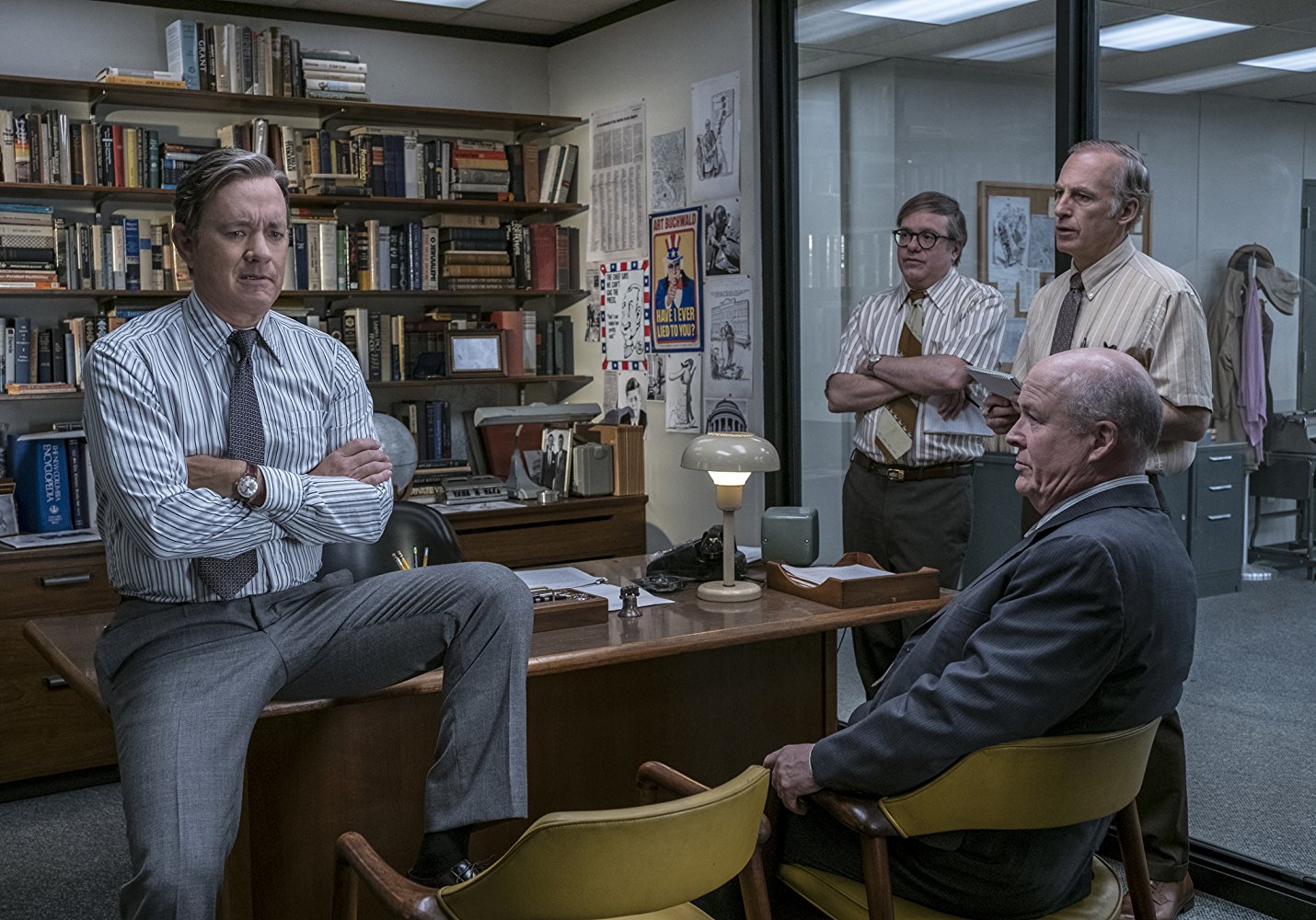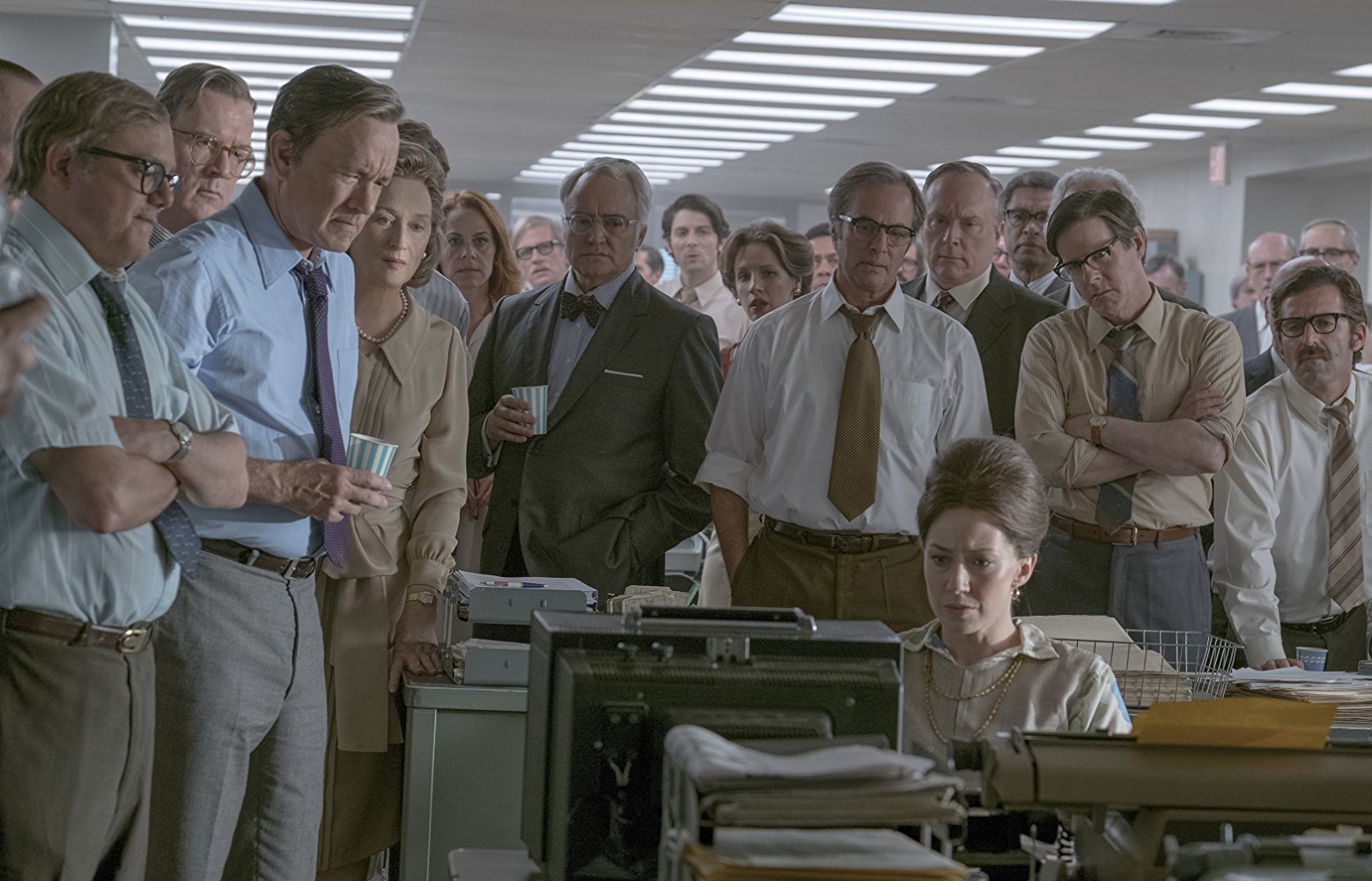Summary
In this documentary, filmmaker Benjamin Nolot, goes to Florida over Spring Break to learn from College students how they see sex differently than other generations before them and question the consequences and causes of new sexual liberation.
My Thoughts
There really isn’t much of a plot to this film, but that probably doesn’t surprise you. While certain college students do go on a small journey over the course of the film, the focus is really on an analysis of the psychology and sociological realities that shape adolescents as the grow into sexual awareness and involvement in their college years.
The film can be broken down into 4 main sections.
What does the current hook up culture look like?
How does this affect Men?
How does this affect Women?
What should we do about it?
I’m going to address each of these sections separately since they each have distinct feels, positive moments, and negative moments.
Hook Up Culture
In the first section, the film argues that the concept of love is absent in most young people’s experiences with sex. The act has become utilitarian in order to protect ones heart from the hurt that seem to invariably follow romantic involvement of any kind. We see lots of scenes of the partners over spring break, hooking up, dancing, and drinking. Most of the guys can’t even remember the names of the girls they sleep with but they revel in showing of how they can introduce themselves to a girl and have her in bed within 15 min.
On the one hand it is shocking to many people, I am sure, to see what the atmosphere at these huge beach parties is like but to anyone who has watched any MTV or gone to college past 2001, it won’t really surprise at all. It certainly sets the scene for the interviews and arguments that we are going to here over the rest of the movie but at times it seems to go a bit far.
One of the things that is argued in this section is that the hook-up culture has so permeated the high school and college cultures that sex based in love is a thing of the past to these kids, but I just don’t quite buy it. Sure, if you wander up and down the Florida beaches over spring break it is going to look like that, or even if you go to a party school over the weekend, but that isn’t the whole picture. The lack of scope in the sample size simply seems a little suspect.
Men
This section sets out to begin answering the films’s main question, “how did we get here?” Basically, it posits that men are raised and conditioned to see sexual conquest as a way of expressing their manhood. Whether this comes from the media or from the reinforcement of friends, adolescents mainly see sexual activity as a way of proclaiming “I AM A MAN.” Thus, bedding women becomes an issue of identity, leading men to believe that they are somehow broken or deficient if they don’t lose their virginity early or don’t have a high body count when they are in college.
It also makes the case that if they were given the chance to operate without pressure provided by society, most boys would be content to leave sexual activity as an activity between people who care about each other rather than just a tally of people they have seen naked.
This section is one of the stronger ones. The testimony of psychologists and professors back up the personal stories nicely. The one weakness in it is that the case for what boys would do without pressure is not especially well made. It is mostly made through a couple personal stories rather than any serious explanation or psychology.
Women
This section focuses on women and the part they play in this hook up culture. While men seek to exert their masculinity by pursuing and conquering, women also want to be valued. As they look around, all the examples they see are thin, beautiful, sexually available women. The boys they like seem to be drawn to sexually available girls, and they learn that if they want to be accepted, it means, playing the sexual game, whether they want to or not. In time, the game itself becomes so engrained that similar to a boy feeling good about being a man when he has sex with a girl, a girl feels the same thrill when a man desires her, not because she feels valued as a person, but because she is desired as a sexual object.
This section, is probably the strongest in the film. The personal stories of the girls they interview are especially moving as we see girls almost instantly regretting their actions and wondering how they got caught up in the moment. It is especially painful as one girl walks the audience through how she felt during the various stages of a wet t-shirt contest.
What Can Be Done
This is the weakest section of the film. Unfortunately the movie has no answer to the question of how to undo what has been done. It sort of suggests that we try to see people as having dignity but gives us no practical way to do that. Telling a person who sees people as objects to stop seeing people as objects doesn’t help them anymore than telling someone addicted to heroine to stop taking heroine. How?
This film has no answers. Instead it simply has more horrific stories of what the future may hold if we do not get ahold of ourselves and learn to see sex differently. Ironically, this film which posits that men and women are thrashing about in the night looking for any thing that feels good even for a moment simply because they don’t believe in anything lasting, offers no lasting solution to their longings.
Verdict
Overall, this film is ok. I do have a couple issues with it though.
The first is that it seems to criticize old mentalities of gender roles like the Male Pursuer and the Female Object, but at the end of the day, it seems to suggest that the onus is mainly on men to be less of a pursuer. This relegates women, once again, to a position of relying on men for their safekeeping and source of meaning. As if men suddenly being more respectful would fix everything even though the film has already argued that it is both boys thinking they are Men by sexual activity, and girls thinking they are Women by sexual activity that are jointly to blame.
Another failure is the opening and closing sequences of the film. Arguably the most “cinematic” scenes they are a great example of why beautiful cinematography without real story behind it is not true cinema. They seem completely disconnected from the rest of the film and could, and I argue should, be cut from the film entirely.
One thing I thought was a wise choice was that even though this film is put out by a Christian organization (exoduscry.com) it isn't a Jesus film. No one gets saved. There is no altar call. Instead it begins a conversation that could lead you down that road but it focuses first on showing the problem rather than distracting people with the religion of the people making the film. It understands Millennial distrust of religion and chooses not to invalidate their message by leading with religion. Even their website focuses on solutions and activities that people can engage in, regardless of religious affiliation.
As I think over how I feel about this film, I do think it is a decent conversation starter but certainly not a definitive word on the subject. Watch it and talk about with your friends or significant others but I wouldn’t take it as a guide to sexual health anymore than I would “I Kissed Dating Goodbye.”
*****CONTENT WARNING*****
This film, while restrained and remarkably respectful, considering its subject, is more graphic in terms of its sexual content that what most sheltered Christians may be used to. Although I would argue most people born after 1985 will find the content tame, one should use discretion and know what each of us can handle without sinning.





